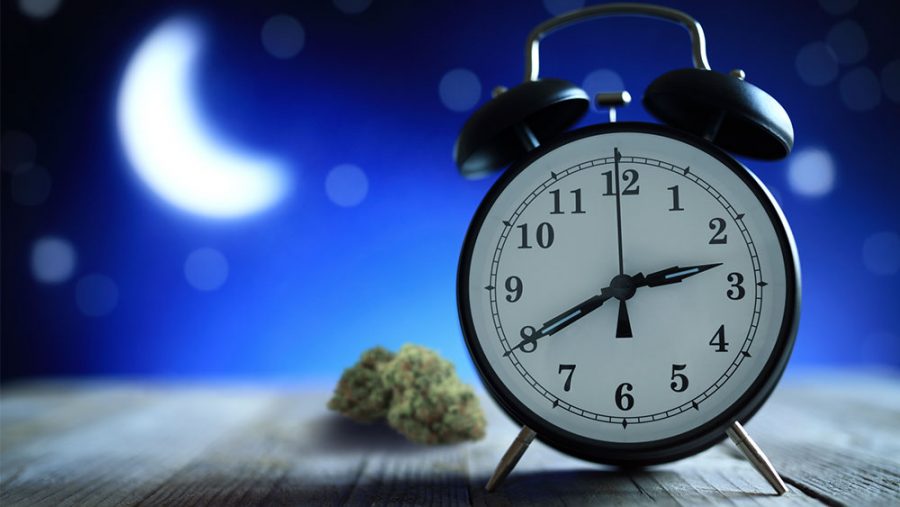These three studies support the idea of using CBD for a better night’s sleep
Did you know that one in three adults don’t get adequate sleep every night? This is according to the Centers for Disease Control (CDC), which recommends a minimum of seven hours of shuteye every 24 hours.
Thankfully for insomniacs and people who struggle with sleep disorders, cannabis for sleep could help.
The results of a survey recently conducted by Consumer Reports suggest that 10 percent of Americans who reported using the non-psychoactive cannabinoid CBD (cannabidiol) experienced a deeper sleep with minimal disturbances.
This leafy green plant was first mentioned as a sleep aid in 1500 B.C., when it was referenced in a Hindu text called “The Atharvaveda.”
Cannabis’ effects on sleep were also recorded in Chinese medical texts as far back as 1200 A.D., proving that our ancient ancestors knew a lot more about weed than we initially thought.
Cannabis for sleep? Study results are hopeful
If you are considering introducing CBD into your life, you would benefit from first learning what science has to say.
For example, a study involving 490 people who suffer from insomnia was published last year in the journal Medicines. Data was gleaned over a two-year period; June 2016 to May 2018. At the beginning of the study, the average symptom rating was 6.6, with 10 being the most severe.
Participants inputted their information using the Releaf AppTM educational software. By the end of the study – after being administered with the psychoactive cannabinoid THC (tetrahydrocannabinol) at a mean level of 20 percent and the non-psychoactive cannabinoid CBD (cannabidiol) at a mean level of 5.7 percent – symptom levels averaged 2.2 out of 10.
A separate study published in Permanent Journal saw 72 adults who suffer from sleep disorders experience a 66 percent improvement in sleep scores after consuming capsules containing 25 mg of CBD. Anxiety scores also plummeted 79 percent after participants used CBD in the morning. Study subjects completed assessments at the beginning of the study and once again after a month.
The same amount of CBD was administered to a 10-year-old girl in a separate case study. She suffered from post-traumatic stress disorder (PTSD) and struggled to sleep as a result of her diagnosis. Over a period of five months, the young girl’s sleep duration and quality improved. In addition to being administered with 25 mg of CBD, a sublingual spray containing 6-12 mg of CBD was also given to her.
How to use CBD and products containing cannabis for sleep
So long as you visit a reputable state-licensed dispensary, you can reap the rewards associated with using CBD for sleep. Quality products include oils, tinctures, edibles, supplements, smokeable flower and even CBD-infused beverages.
Integrate CBD into your bedtime routine by consuming it – in whatever form – before you go to sleep. This will help to regulate the sleep process, with the recommended dose being around 25-30 mg.
Consider how fast you want to feel the effects when selecting a chosen method of delivery; edibles will take between 30 minutes and two hours to kick in, whereas vaping provides almost instant relief. On the other hand, the effects of edibles can last for up to eight hours, so essentially, the effects could last for the duration of your sleep!










